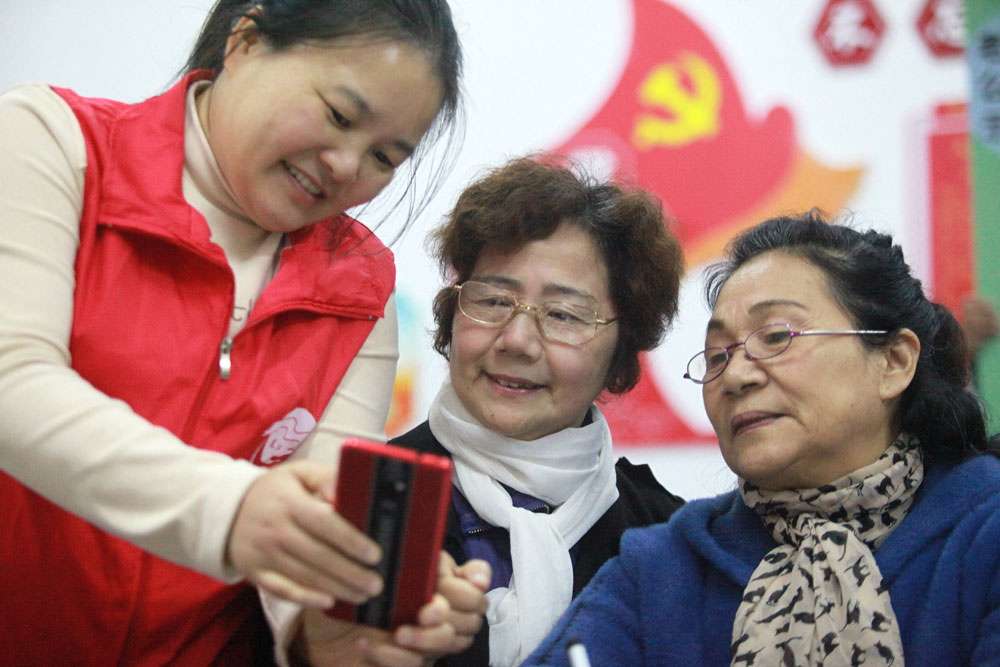Elderly-friendly society requires more than just window dressing


Smartphones have become a necessity for daily life. And for those unable to use one, daily life is full of inconvenience.
That is why at the just-concluded annual sessions of the National People's Congress and the Chinese People's Political Consultative Conference National Committee, many NPC deputies and CPPCC members expressed concerns about smartphone apps and called for them to be more user-friendly for senior citizens.
The necessity and urgency of that are beyond doubt. According to the Seventh National Population Census carried out in 2020, the number of people aged 60 or above reached 264 million nationwide, or 18.7 percent of the whole population. Those aged 65 or above numbered 190 million.
That's why the State Council issued a work plan in November 2020 that required reforms in all sectors to address the needs of the elderly. Responding to this, many app developers followed the guidance, but as Zheng Jie, an NPC deputy, pointed out, much more needs to be done, as many only use bigger fonts and icons on the homepage without making the apps actually easier to use. He called for further optimizing the apps to suit senior citizens, a call echoed by others.
It is high time smartphone manufacturers and app developers conducted surveys to find out how to make their products easier for the elderly to use.
And app optimization is only a small part of making society more senior friendly. Banks, social security centers and financial institutions could all keep more windows open, so that aged customers who are not so accustomed to automated services can enjoy a face-to-face service.
A senior-friendly society means more than just lowering the threshold for smartphone apps so that more elderly can use them, it also means keeping other channels open so that senior citizens can still go about their daily lives.
That's not social welfare for seniors, but a necessary service for them.
- THEPAPER.CN


































